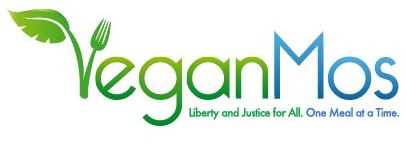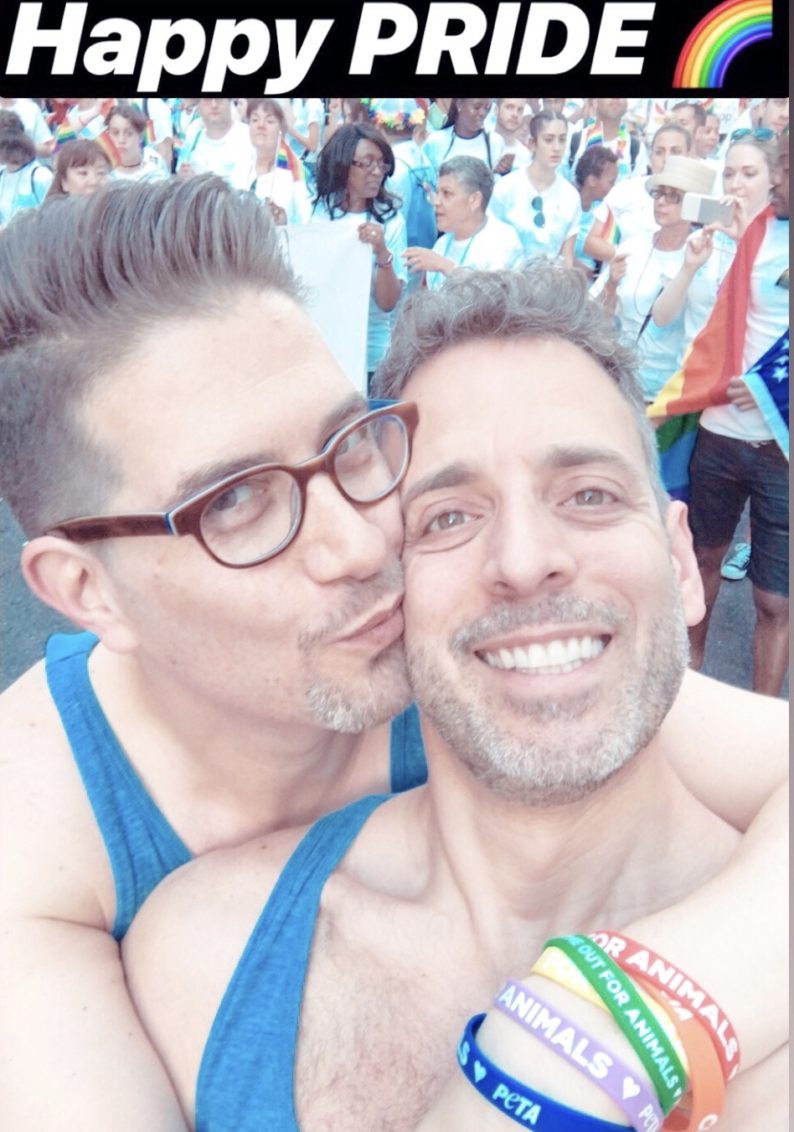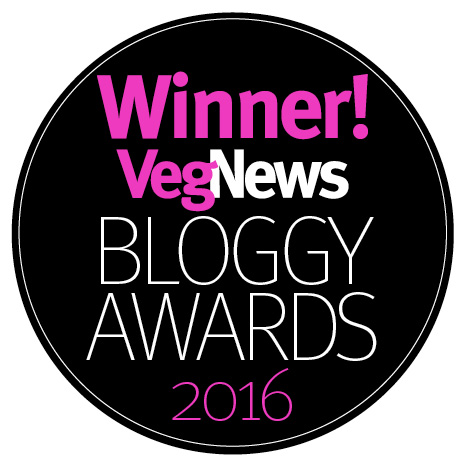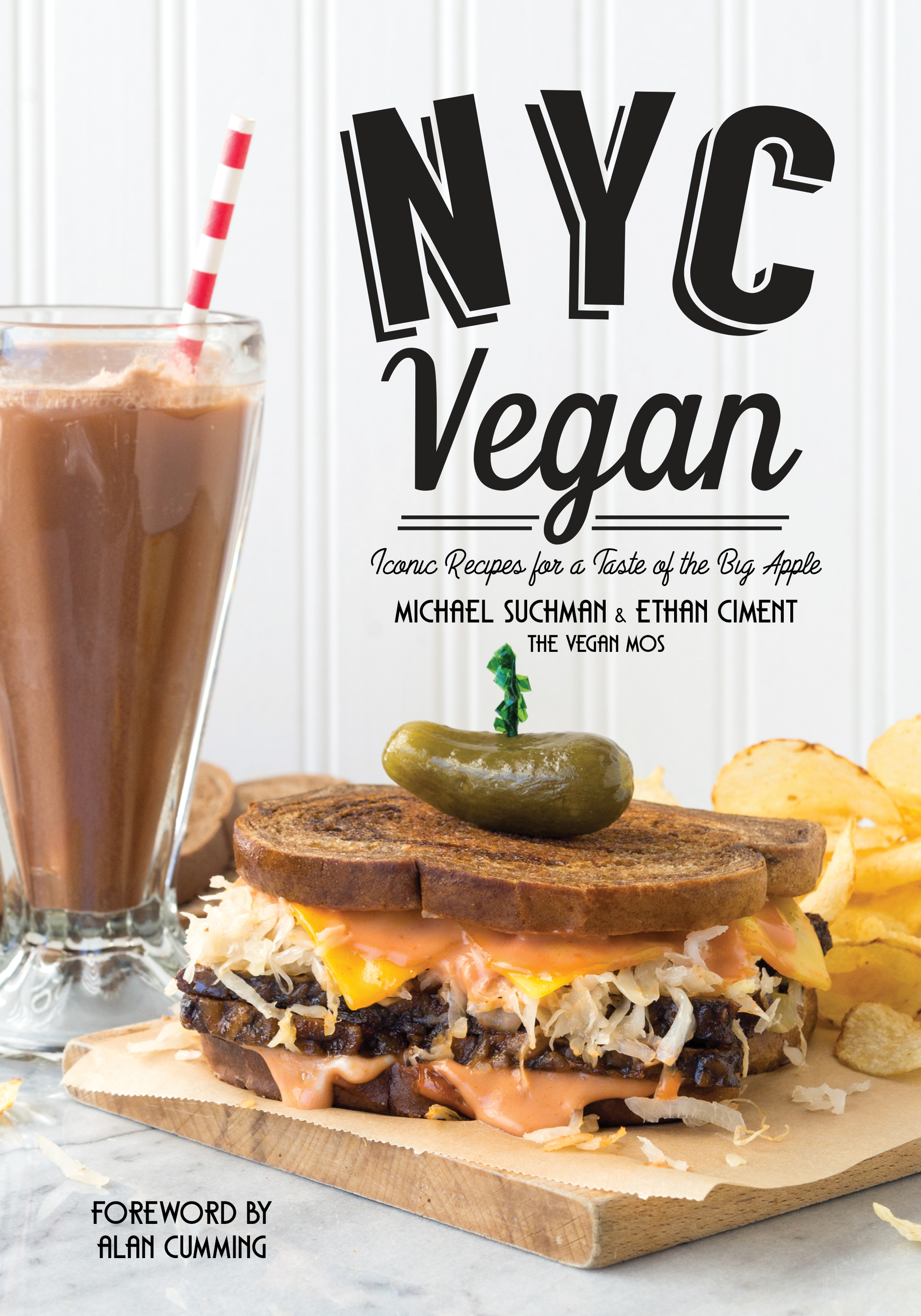I am a gay man who was born two summers after The Stonewall Riots and I have lived my entire life through the span of the modern LGBTQ rights movement. On this 50th anniversary of the Stonewall Riots, and as we celebrate World Pride here where it all began in my home of New York City, I have been thinking about all the progress the LGBTQ community has made in the past half century. I have seen the pendulum of public perception of LGBTQ folks swing both ways in my lifetime and I can honestly say that the progress we’ve made has been for two essential reasons; because we never stopped protesting, marching and fighting for our rights, and because our we had straight, non-LGBTQ allies who got in the fight with us.
Allies make all the difference to oppressed individuals. When any group of individuals are being singled out, bullied or attacked, they hope for help. Jane Clementi, mother of Tyler Clementi and founder of The Tyler Clementi Foundation, eloquently speaks about how bystanders need to become upstanders. In other words, folks who witness acts of bullying or oppression but who themselves are not targeted, need to get in the fight and stand up for the individual who is being picked on. They need to become an ally. It was never enough for only LGBTQ people to protest and insist for their own equality, it took our allies getting involved to change the social and political reality that brought about the changes in our society.
As an animal rights activist, part of my strategy is to take the lessons from the movement for LGBTQ rights and apply them to our struggle for animal liberation. One fundamental difference between the LGBTQ rights movement and the animal rights movement is that the animal rights movement is solely a movement of allies. Animal rights activists are humans who are animal allies. Some of my fellow activists refer to themselves as being “a voice for the voiceless” and I respectfully and strongly disagree with that characterization. Animals undeniably have their own voices. They use their voices and scream out in pain. They use their bodies to resist the abuses, the violations and the torture they endure. They use their own form of communication to let us know that what we do to them is not okay. They speak their own languages and communicate constantly, but it is we humans who all too often don’t bother to listen or to even try and learn their languages. We humans summarily dismiss the farmed animals who are fated to become our food as being incapable of communicating with us because it feeds a narrative that allows us to dismiss their plight as nonexistent. We dismiss the billions of farmed animals while we live with similarly sentient companion animals with whom we have rich emotional relationships and with whom we communicate. We willfully ignore the cries and protests of farmed animals because to acknowledge it would force us to recognize the inconsistencies between deeply cherished values of equality, kindness, compassion and justice that we selectively apply to some animals and not others. To acknowledge their suffering and the injustices that are routinely committed against farmed animals highlights the actions we take that are out of step with our most noble values. As an animal ally, I use my voice to get my fellow humans to understand what the reality is for non-human animals, in the hopes that others might open their ears and eyes and make adjustments that better align their actions with values.
At Woodstock Farm Sanctuary, where I have the privilege to serve as the President of the Board of Directors, we rescue farmed animals and give them lifelong care and sanctuary. We connect these animal refugees with humans in order to promote veganism and we offer support and encouragement to folks who want to make more compassionate and just choices. We also align ourselves in our struggle for animal liberation with other social justice movements because the struggle for animal rights is a social justice issue. It is true that no two oppressions are the same. Racism is not the same as homophobia, just like transphobia isn’t the same as Islamophobia, yet all social justice issues at their core structure have an oppressed group of individuals who are deemed “less than” and therefore not worthy of equal consideration and treatment. When we otherize groups of individuals based on arbitrary characteristics like gender identity, sexual orientation, race, religion or species, we devalue their inherent worth. When we devalue groups of individuals it becomes easier to harm them and to justify committing unspeakable atrocities against them.
It’s my fervent wish that in this Jubilee year of the LGBTQ Rights Movement that we queer folks and our allies keep our eyes and ears open to oppressions that persist in our own community as well as others. Let’s keep looking at the things that are being intentionally hidden from us. Let’s listen to cries of other oppressed individuals, even if those individuals are of a different race, religion or species. Let’s be allies for all earthlings everywhere because until we are all free, none of us are free.




